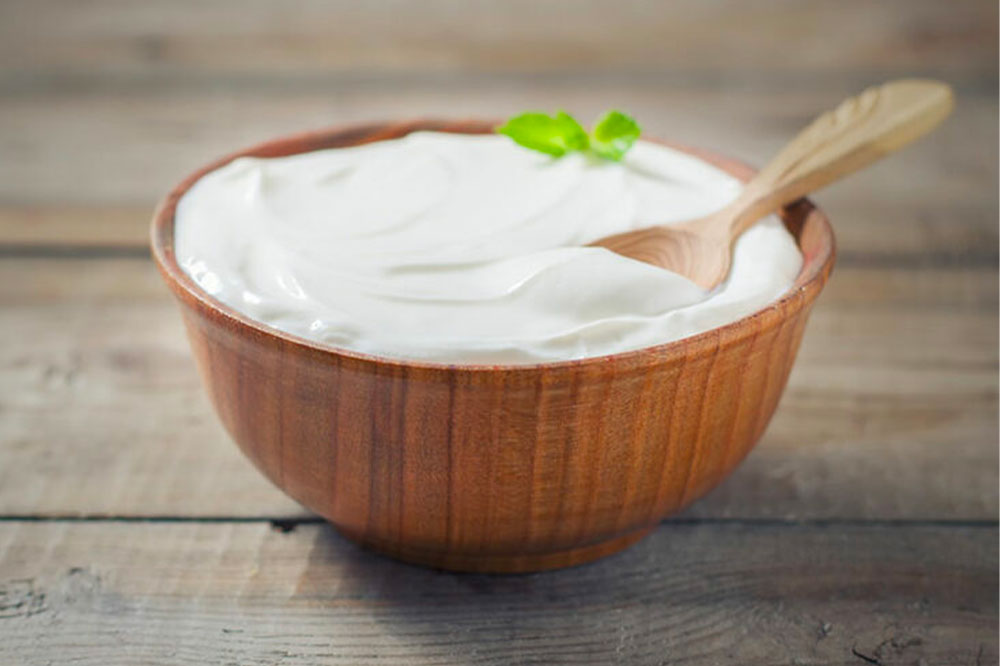6 foods to eat and avoid for heartburn

Heartburn, also referred to as acid reflux, is characterized by an uncomfortable burning feeling or pain in the chest. Occasional heartburn is common among adults and isn’t a major concern. If you’re wondering what causes bad heartburn, it’s usually certain trigger foods like chocolates, onions, and fatty foods. To relieve symptoms, it’s important to carefully choose your meals. Read on to learn about foods to eat and avoid to manage heartburn.
6 Foods to Eat and Avoid to Manage Heartburn
Eat: Oatmeal
Oatmeal is one of the best foods to consume for heartburn. Being a whole grain, it contains lots of fiber. Fiber helps absorb stomach acid, reducing the symptoms of acid reflux. So, make sure to enjoy at least a bowl of oatmeal each day. You can also try other whole grain options like brown rice and whole-wheat bread.
Avoid: Fatty foods
To effectively manage bad heartburn, it’s vital to eliminate all potential causes of the problem. Fatty foods are a common culprit of acid reflux and can also make the condition worse. They are slower to digest and relax your lower esophageal sphincter (LES), exacerbating heartburn. Steer clear of various high-fat foods like French fries, full-fat milk, and fatty cuts of meats.
Eat: Ginger
Ginger has long been used to treat various ailments, especially gastrointestinal issues. Thanks to its alkaline nature and powerful anti-inflammatory properties, ginger can reduce irritation in the digestive tract and relieve heartburn. This spice is versatile and can be used in stir-fried dishes, soups, and smoothies. You can even drink multiple cups of ginger tea daily.
Avoid: Citrus fruits
Citrus fruits, such as oranges, grapefruit, lemons, and lime, are indeed nutritious. But they should not be consumed when heartburn flares up as they directly cause it by being highly acidic in nature.
Eat: Yogurt
Yogurt is an excellent food choice when it comes to resolving gastrointestinal problems. It contains lots of probiotics, which are good bacteria that keep your digestive tract healthy. This can help alleviate heartburn. A cup of yogurt can also soothe an irritated esophagus. If you don’t like yogurt, choose from other great probiotic-rich options like kefir, sauerkraut, kimchi, and kombucha.
Avoid: Caffeinated beverages
It’s well known that drinks with caffeine, such as tea and coffee, can aggravate acid reflux. Chocolates contain caffeine, too, so it’s best to avoid them. Moreover, carbonated beverages, like soda, contain carbon dioxide and caffeine, which can have a double whammy effect during heartburn flare-ups.



